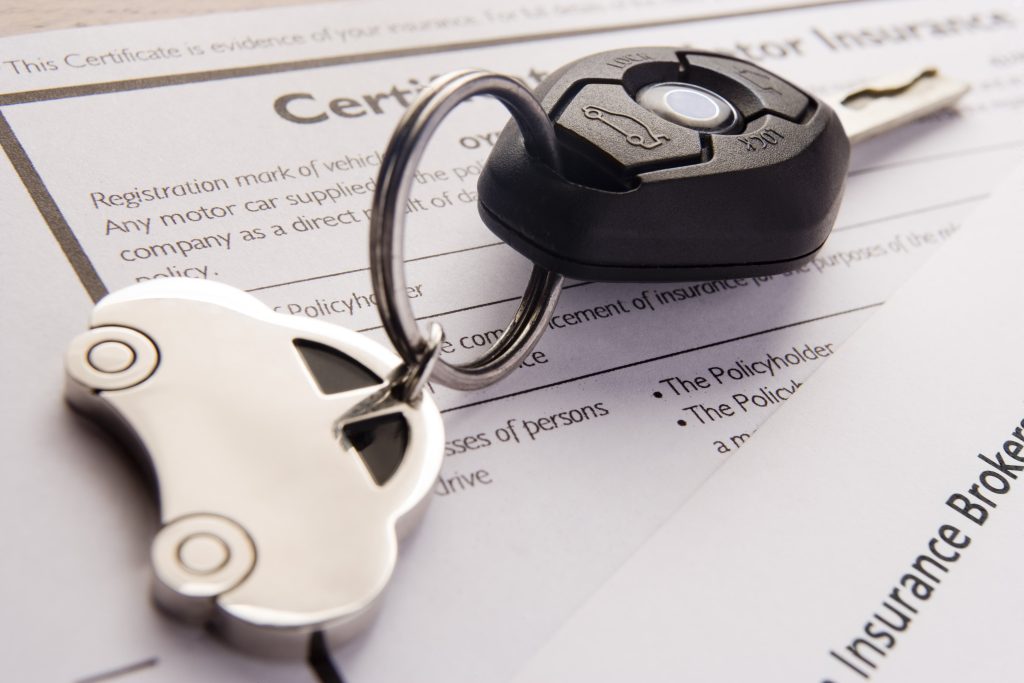Fact: When shopping for car insurance, trans and non-binary individuals suffer discrimination. Most car insurance companies will inquire about an applicant’s gender throughout the quote process. But, because gender identity is nuanced and fluid, the gender question in insurance applications can be problematic for those who do not fit into traditional gender stereotypes.
Applying for car insurance isn’t glamorous, but it’s very simple for the majority of individuals. However, one component of the application — choosing a gender — might be particularly difficult for transgender or non-binary drivers. This is because non-binary and trans persons frequently lack the flexibility to choose whose gender they identify with, something that others take for granted.
Anti-trans bigotry and transgender discrimination have been frequently publicized in recent years, and states and car insurance companies are taking notice. Some states and businesses are softening their attitudes on sex and gender, and some are even offering a non-binary gender option. While many states in the United States now acknowledge non-binary gender identification on official driver’s licenses and IDs, the auto insurance market has been slower to adjust, still using gender as a rating factor for pricing coverage.
Car Insurance Applications for Non-binary and Trans Persons
Gender is one characteristic that is frequently used to determine a car insurance rate. Some companies need birth certifications, others require gender to match your driver’s license, while others allow you to pick your gender. Even though your gender is mentioned on an application, insurers will ask for your sex. Sex and gender are frequently used interchangeably. Sex relates to biological characteristics, and gender pertains to how you identify in society.
This mismatch is problematic for transgender and non-binary people, whose gender identity differs from their biological sex.

States That Have a Category for Non-binary and Trans Persons
Currently, the states listed below mandate car insurance companies to either provide non-binary and transgender options on applications or discount gender as a rating factor. These states now include a third choice — an “X” in addition to “M” and “F. They are:
- Arkansas
- California
- Colorado
- Connecticut
- Hawaii
- New Jersey
- Maine
- Maryland
- Massachusetts
- New York
- Minnesota
- Nevada
- Oregon
- Pennsylvania
- New Mexico
- Rhode Island
- Vermont
- Virginia
- Washington, D.C.
Illinois has offered an “X” option since 2024. Furthermore, although Michigan does not require certification to change one’s gender, there is no gender-neutral option. New Hampshire, on the other hand, requires certification but also offers a gender-neutral option.
You can also use the Human Rights Campaign’s Corporate Equity Index tool to choose a car insurance provider that is more likely to offer transgender, non-binary, or gender nonconforming alternatives.
How Does Gender Play a Role in Determining Car Insurance Premiums?
Car insurance firms utilize gender as one of the key variables in determining premiums. It’s worth noting that gender only significantly impacts insurance rates for teen drivers, as young male drivers pay a higher premium than their female counterparts.
Once a person has gone through their teen driving years, the difference in auto insurance premiums between men and women is minimal. Car insurance companies impose higher premiums to account for the added risk because historical evidence shows that young male drivers are more likely to commit accidents and submit claims. While older drivers may not be affected by a car insurance coverage that does not consider gender, the stakes are higher when a young driver is involved.
How to Find the Best Car Insurance for Non-binary and Trans Persons
Finding the best car insurance prices can be difficult, even without the additional hurdles that trans and non-binary applicants encounter. Here are some pointers to help you navigate the process of getting car insurance.
Compare car insurance quotes: Comparing car insurance quotes from various companies is important. Comparing auto insurance quotes is crucial to getting the best deal. It’s just a matter of doing some research. With no standard in place, it’s up to you to do the digging.
Speak with your agent: Changing gender on your insurance application may impact the rates. However, there are exceptions. Directly contact your insurer and inquire about policies. Your agent can tell you what documentation you’ll need to modify your insurer’s gender designation. If you need to alter your name or gender on your driver’s license or birth certificate, the National Center for Transgender Equality has information on how to do so in your state.
If you need additional assistance with obtaining a legal name change, the Name Change Project can help. The Name Change Project aids low-income transgender and non-binary people with this process.
Look for a trans-affirming car insurance company: Look at listings like the Human Rights Campaign Foundation’s Corporate Equality Index if you’ve spoken with your insurance and believe you’re being charged an unjust premium. This indicator indicates the likelihood of a corporation adopting LGBTQ-inclusive policies.
A high ranking on this list doesn’t guarantee that a company will have gender-neutral pay, but it’s a start.
How Can Non-binary and Trans People Get Affordable Premiums for Car Insurance?
Choosing the wrong company could result in you paying significantly more for car insurance than you should. After all, piling up discounts can only get you so far. Comparing car insurance quotes is the best approach to discover affordable car insurance. To receive customized quotes in minutes, enter your ZIP by clicking on the banner above.

Sara Sam may not look like your typical car and finance expert, but don’t let that fool you. With over four years of experience in the industry, she knows all the ins and outs of cars, car insurance, and refinancing. You can trust Sara to help you navigate the often-confusing world of automobiles and financing.
















